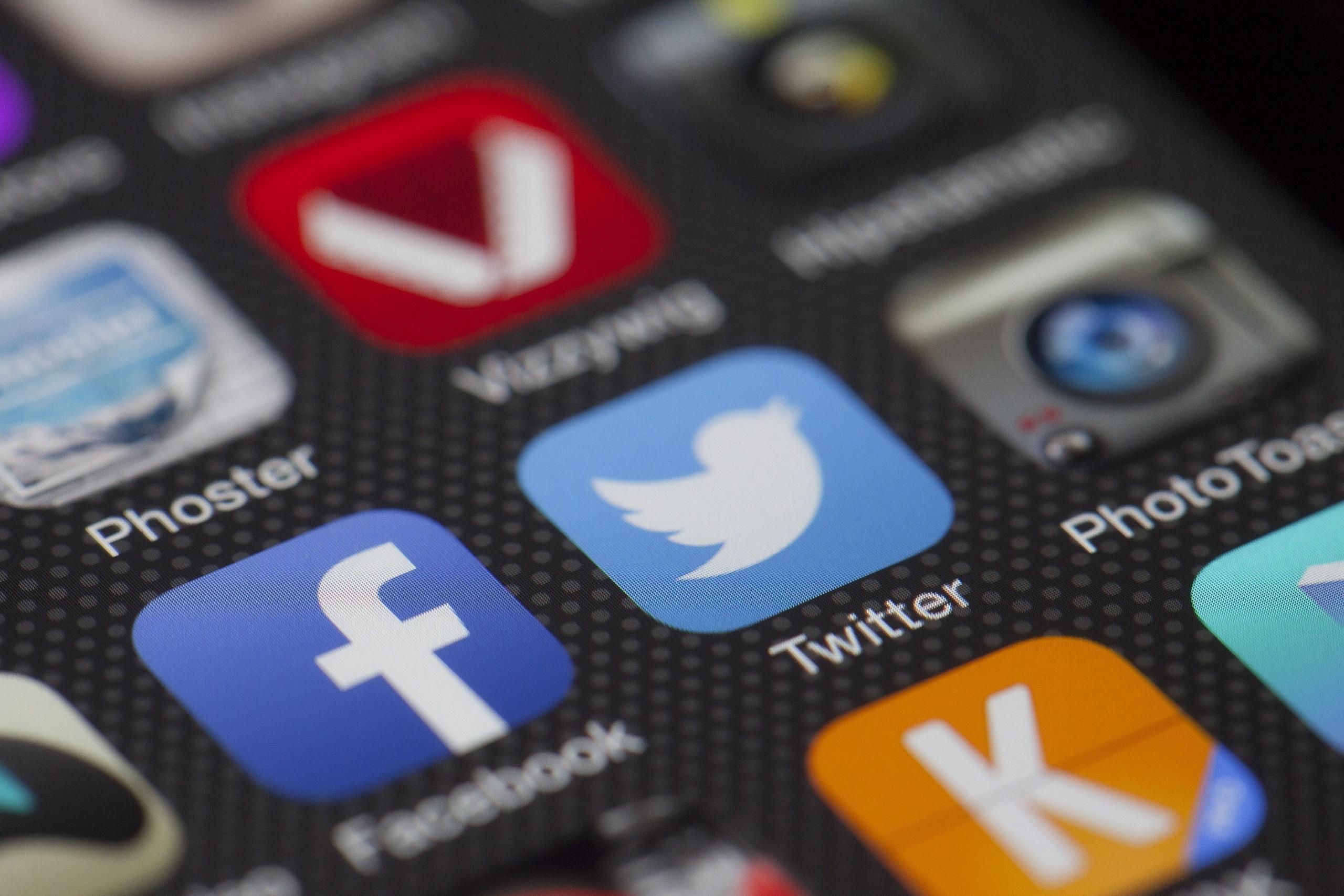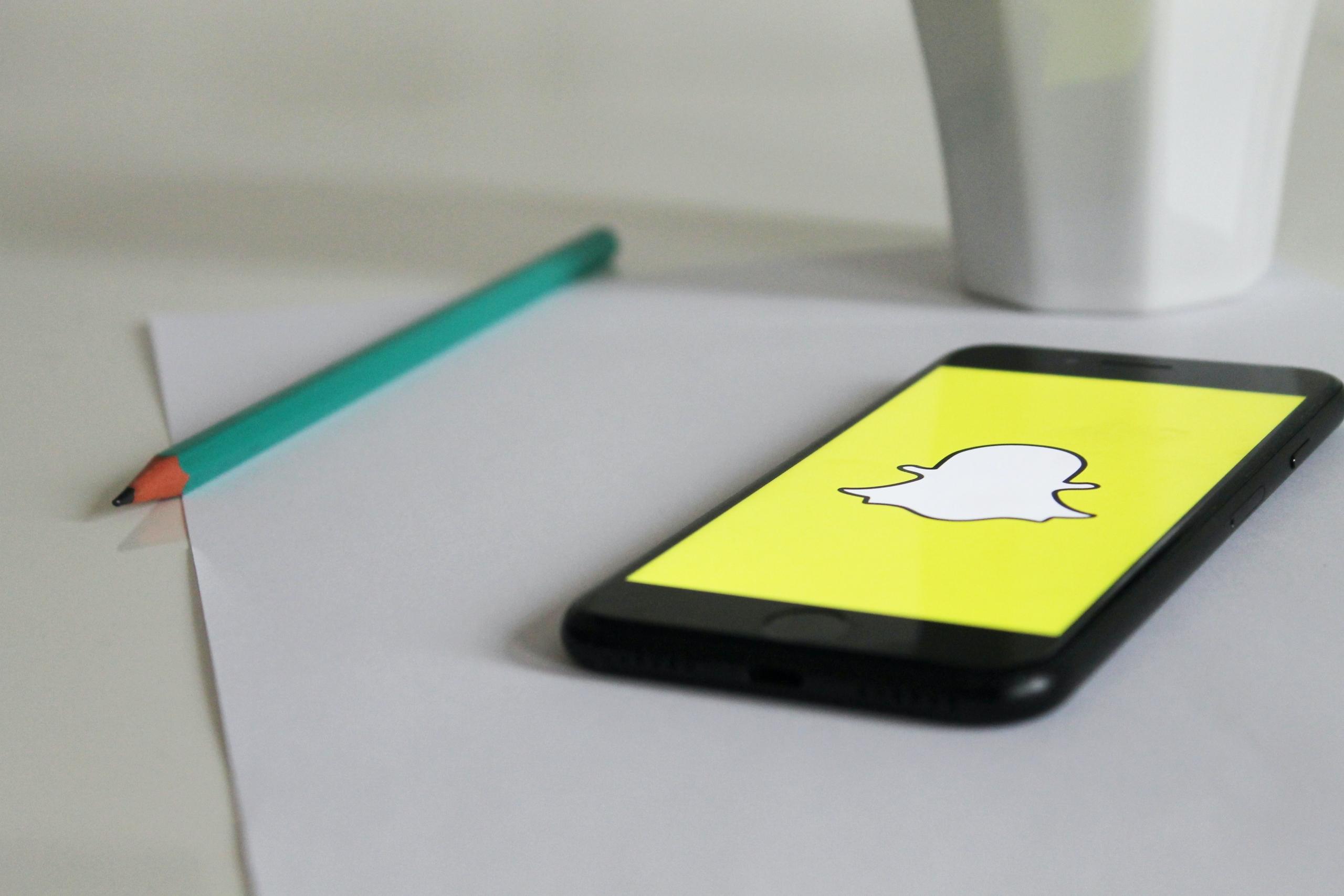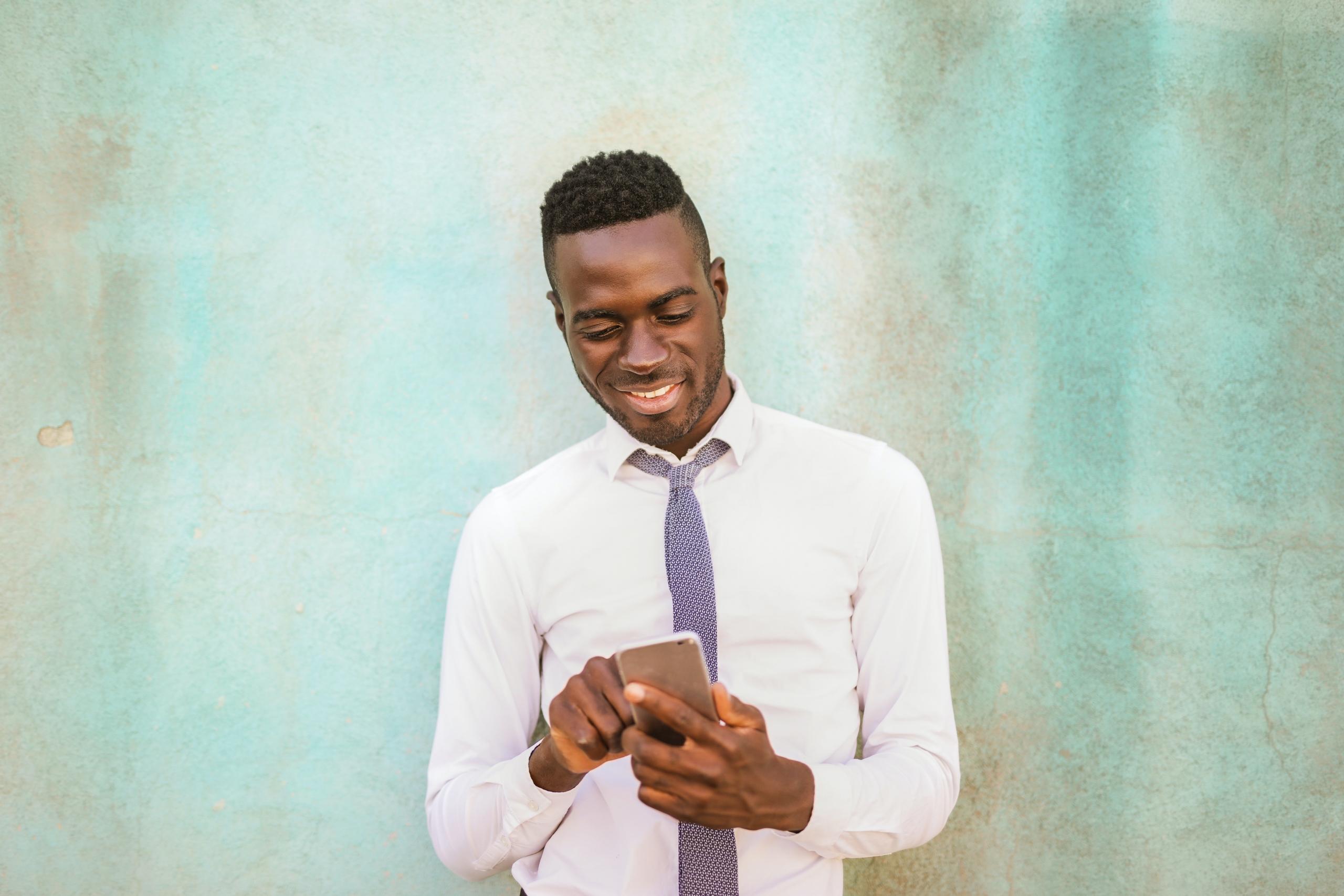Content is fire. Social media is gasoline. Jay Baer
You are on social media. Everyone is on social media. When you scroll through social media, you don't realise how very cautious you need to be when it comes to your social media.
On social media, hackers chose to play many tricks in order to get their hands on your personal information like your banking details. In fact, social media sites like Instagram have seen many social media hackers taking over people's pages of late. A hacker can be lurking in the background waiting to take over your social media page by correctly guessing your password, sending dodgy links which seem to be coming from your friend's account, or even stalking you on social media and waiting for you to overshare.
In this blog post, we will focus on deciding upon ways that you can best protect yourself on social media. Perhaps we can even arm you with some ammunition that you can use against those malicious hackers and online social media bullies.
Want to give private lessons?
Join the Superprof community and share your knowledge with inquiring and motivated students.
Steps Towards Ensuring Safety on Social Media
Don't Overshare
Use social media as a tool, don't be used by social media. Kelly Martin
The thing about social media is that almost everyone can become famous overnight. In finding newfound fame on a certain social media platform, you may tend to let your guard down and bear your soul to millions of people who you don't know and who don't know you.
In reality, you will have just a handful of friends who you are close enough with to share your personal stories and details with. However, on social media, you tend to get caught up and share with just about anyone who cares to give you a "like" or "follow" you.
Since we are living in a world where everyone overshares, we assume that it is fine for us to share too. This is where we become the target of those hackers who are constantly lurking online waiting for someone to reveal too much or even to reveal it all. Again, while the whole world doesn't feel scared to share pictures of their houses and location, don't fall prey and get caught in the same trap.

It's better that only a few friends know details about you and not the whole world.
Remember Social Media Posts are Permanant.
Have you ever deleted your Facebook account? You can delete your Facebook account temporarily, only to get it up and running again a few days after you deleted it. All your social media posts will remain intact, and nothing would have disappeared once you get Facebook again.
The online sphere enables posts to stay online forever (literally forever). Therefore, remember it is not okay to overshare personal details even if you are mad or using social media as a way to rant about something.
The rule of thumb is to never post anything, that you would want to be deleted later on or not seen by some people. Even pictures and videos of yourself, your friends, and family members can have the potential to cause you harm. While you may get tons of likes for sharing bits of your personal life, you don't want pictures of yourself, your children, your parents, or friends to fall in the wrong hands.
You don't want someone to misuse your picture or post your picture on a million different websites. If you want to post pictures of yourself, your child, or your friend, make sure your social medium's privacy status is set to private. In this way, no one else except your friends can see your posts.
Again, even with a private account, it is still suggested that you don't post pictures of your children and any minors.
Secure Your Password
In the same way that you wouldn't want even your closest friend to see private messages, you don't want anyone else to see what has been sent to you in your DM's.
The best way to ensure that you are the only one who gains access to all of your social media accounts is to set difficult passwords from the onset. You do not want to share this password with anyone to ensure further safety online.
We encourage you to change your password ever so often to make sure that the chances of getting hacked are far less.
Is Social Media Safe?
You may be wondering why so much emphasis has been placed on staying safe on social media. Well, the main scare of social media is that everyone on social media has the power to remain anonymous. The dark side of social media is clearly anonymity.
For wrongdoers on social media platforms, anonymity serves as the mask which they hide behind. The so-called, "social media trolls," are ever ready and waiting to pounce on someone who has made an impact using social media.
Innocent posts tend to lose some of their innocence due to the horrible comments posted by social media trolls. Due to people remaining anonymous or not revealing their true identity, it is almost impossible for social media trolls to face any consequences for their horrendous behaviour online.

How can we deduce that social media is safe when it has the potential to physically harm you (when your banking details gets revealed to a hacker) and it has the power to emotionally harm you as well (through social media trolls and cyberbullies)
The fact that people have the power to hack your social media platforms means that they may be able to hack your phones too.
In learning about social media safety, you have to be clued up on phone safety as well.
The Full Guide on How to Stay Safe on Social Media
Setting complex passwords are all well and good. However, remember to update your passwords regularly so they don't stay the same always. Furthermore, you want to have a different password for each of your different social media platforms. In this way, if one password gets compromised the other passwords are not compromised at all.
Be Wise Like an Owl on Social Media
One of the core qualities of the night owl is that the owl sits high up on a tree watching everything, listening to everything, but barely saying anything. This quality is excellent to use when you are trying to protect yourself on social media.
Watch everything, but don't say all too much.
Don't Talk to Strangers
One of the main rules that all parents teach their children is that of, "Don't talk to strangers."
That is all well and good, but when their teenagers get their first phone and download social media platforms, the rule of not talking to strangers seems to fall away. You never really know who are talking to online.
Again, on social media to increase our followers, we readily accept invites from anyone and everyone. This is a crucial mistake! You need to look at the profile of the person who has invited you on social media.
Check out the list of friends that the person has on their social media. If it seems like the account hasn't been active for too long, you must consider not accepting the friend request. The person could have created a profile with malicious intent in mind.
Keep your friends close on social media but keep the strangers closer. You want to unfriend anyone who does something inappropriate or even comes across as an online bully.
Again, accepting requests from accounts and people that you don't know of is never a great idea. It is best to have a private social media platform and then to choose wisely who you would like to accept and who you wouldn't like to accept.
Don't Click on Links
When scrolling through social media, it is easy to click on links that look interesting. We all click on links without thinking.
Most of the links that you will choose to click on will be links from trusted sources, however, you don't want to be caught clicking on a link that is meant to be deceptive.
Bad links are often found in places where you might be caught with your guard down, so it’s best to avoid clicking links when you’re not on a secure, trusted website.
Yet, that’s not the biggest concern when it comes to links. Funnily enough, when it comes to dodgy links, your friends are the enemy. What I mean by that is you would never expect your friends to send you a dodgy link through social media, and I’m sure they wouldn’t, but sometimes they do.
Hackers gain access to social media accounts all the time, and when they do, they often try to catch people out by posing as their friend.
So, again don't just click on links as you may be clicking your personal information away. Speak to your friend and ask if the link is safe to click on.
To find out more about staying safe online, check out our comprehensive guide on the topic.
Want to give private lessons?
Join the Superprof community and share your knowledge with inquiring and motivated students.
Summarise with AI





